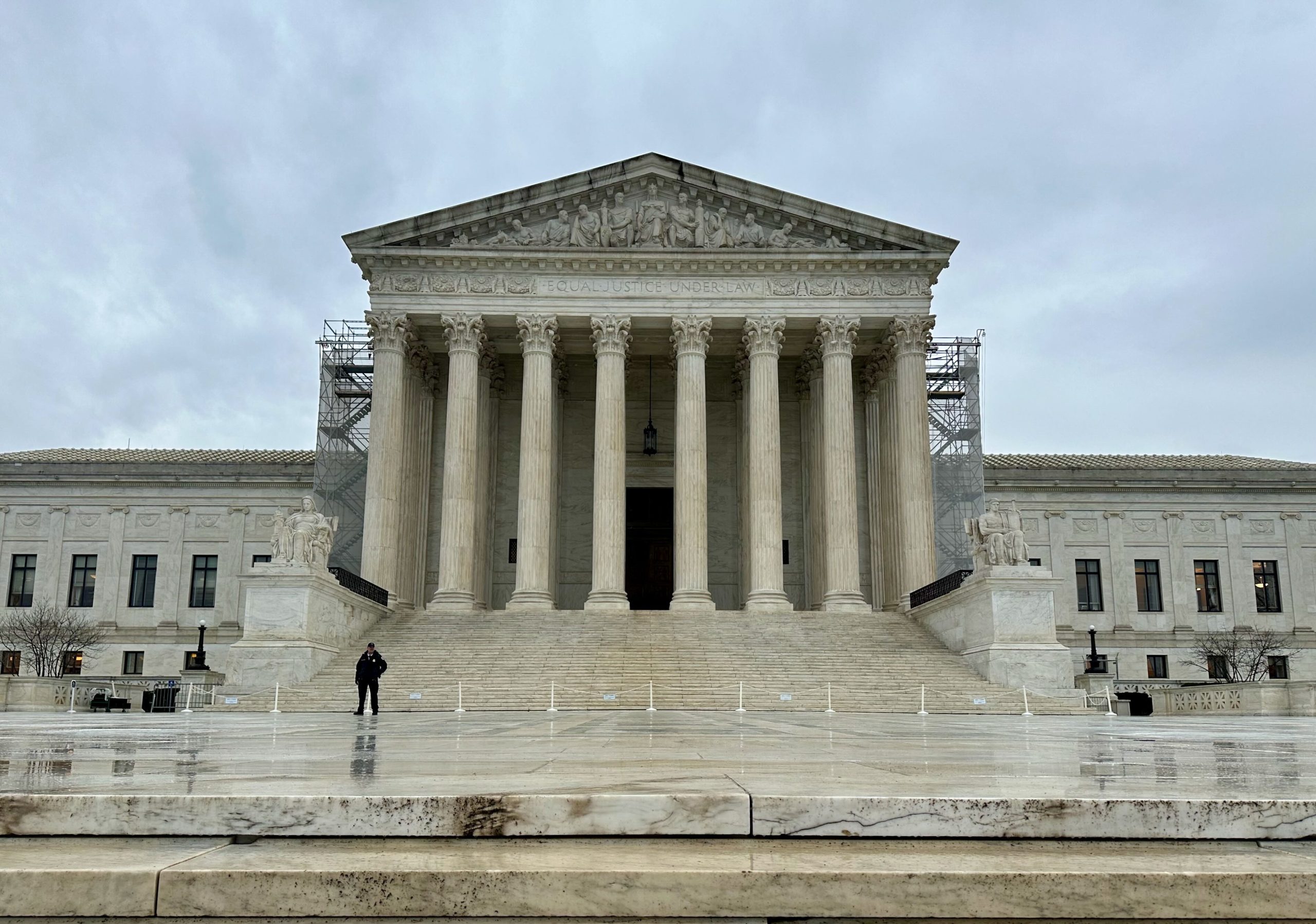CASE PREVIEW
Federal trademark law and doctrines of corporate identity

on Dec 10, 2024 at 10:56 am

In a long-running trademark dispute between two companies marketing real-estate development services, and both using the name Dewberry, a trial court held that Dewberry Group entities infringed the “Dewberry” marks of Dewberry Engineers. The problem is that when the time came for assessing damages, the court ordered Dewberry Group to pay as damages $43 million in profits earned by several affiliates that were not parties to the litigation, reasoning that all of them were, as a practical matter, a “single corporate entity.” When the court of appeals accepted that line of reasoning, the Supreme Court agreed to review the matter.
The basic problem before the court on Wednesday is that there is a Supreme Court case pretty closely on point – United States v. Bestfoods – in which the justices rejected the government’s argument that the Comprehensive Environmental Response, Compensation, and Liability Act was such an important statute that it should create an exception to traditional state-law doctrines that require a high (indeed, all but insuperable) bar for actions seeking to ignore corporate identities and, in the common phrase, “pierce the corporate veil.” As the court explained there, Congress must speak “directly” to the point if it wishes to create a special, less rigorous doctrine on something so traditionally left to state law. (These were the days before Elon Musk’s tiff with a Delaware judge raised the prospect of the federalization of corporate law.)
The infringers emphasize the language of the Lanham Act, which calls for disgorgement of the “defendant’s profits,” language that naturally suggests a prudent plaintiff should sue – and thus make “defendant[s]” – all the entities from which it hopes to recover damages. Because all of the damages awarded here were profits earned by other entities (none of which were a “defendant”), the infringers argue that none of those profits properly can be disgorged.
Presumably because Bestfoods is so plainly on point, the trademark holders, Dewberry Engineers, make no serious effort to defend the reasoning of the lower courts. Rather, they point to a different Lanham Act provision giving the court the authority to assess damages in a “just” amount if a purely compensatory award against the “defendant” would be inadequate. Here, the trademark holders contend, much of the profits properly should be attributed to Dewberry Group, perhaps because shady accounting improperly allocated all the profits to the affiliates, perhaps because the other entities are shams. The obvious problem – as Dewberry Group points out – is that none of this was argued below and so there is no factual record to support it.
My guess is that most of the argument will involve probing by the justices of the extent to which any of the possible reasons for attributing the affiliates’ profits to Dewberry Group has any support in the record as the case comes to the court, as well as a lot of hand wringing about how bad it would be for the justices to reach out and address all these questions in the first instance. In the end, though, the choices will really be between reversing the decision out of hand or vacating it to let the lower courts consider some of the new arguments.


